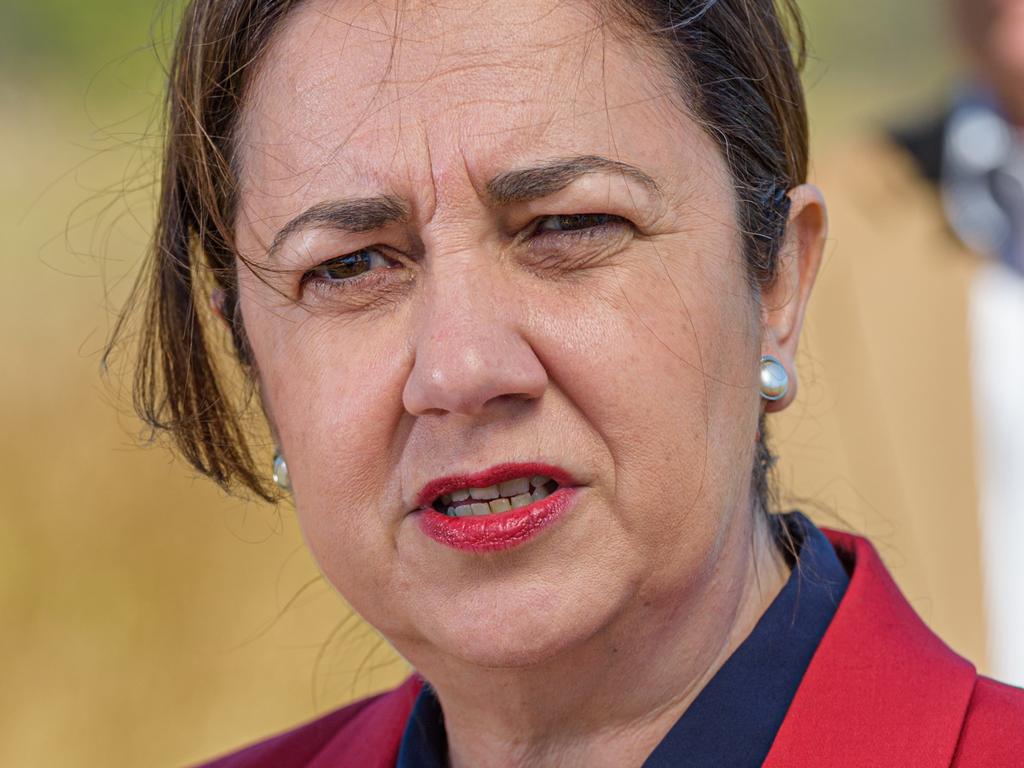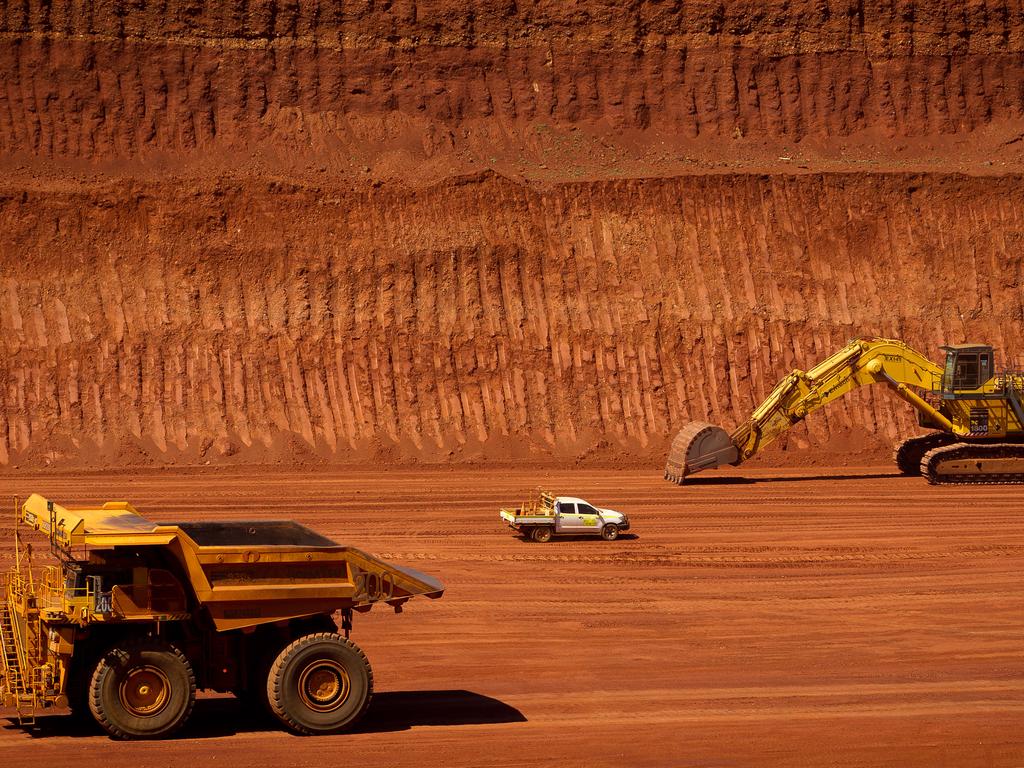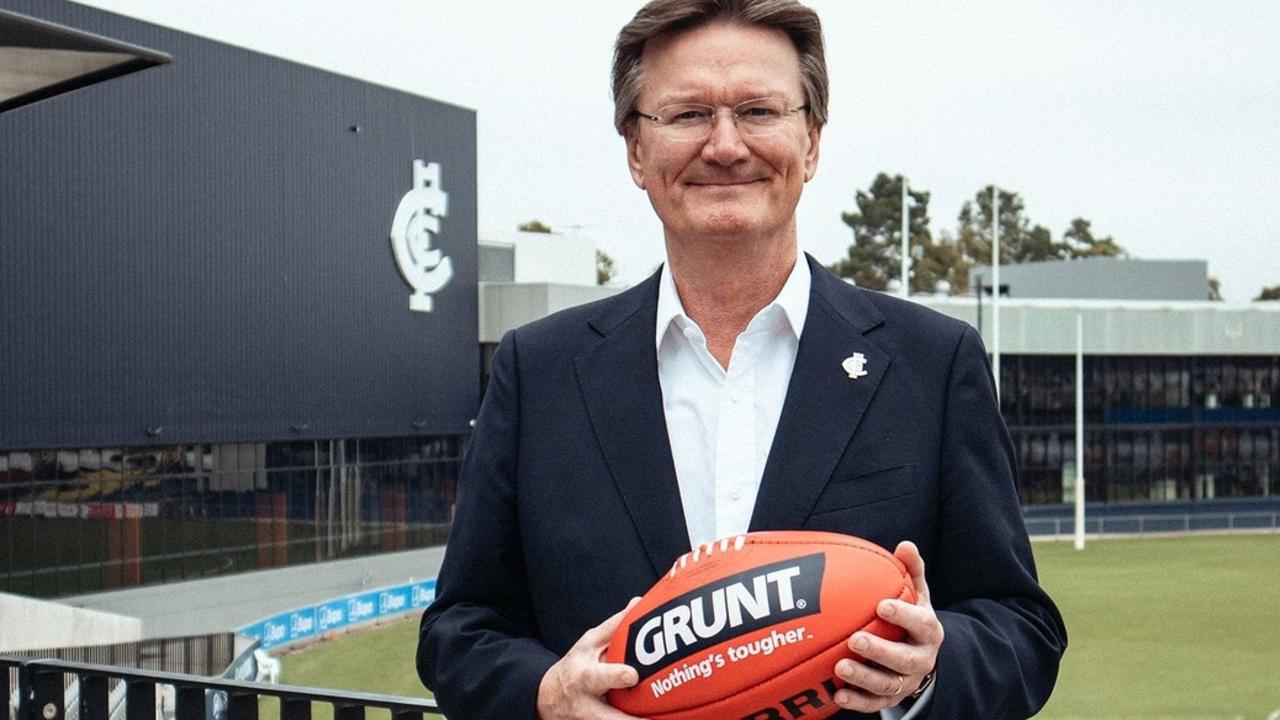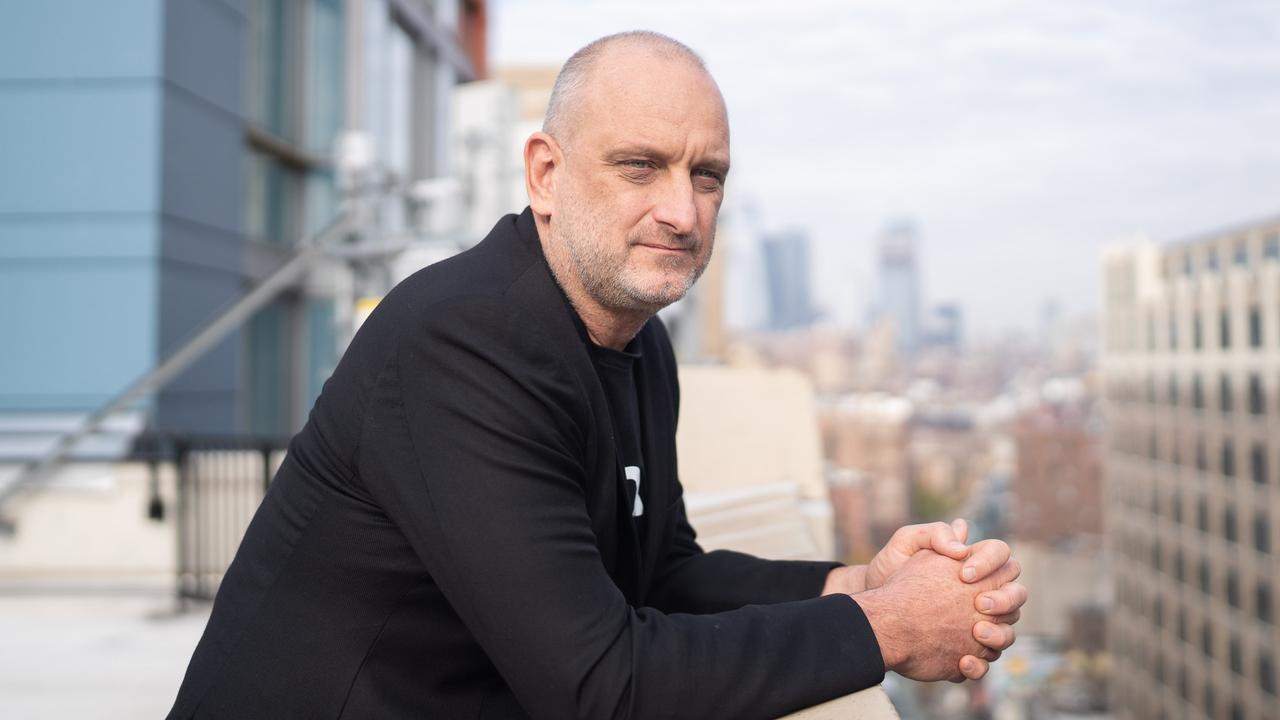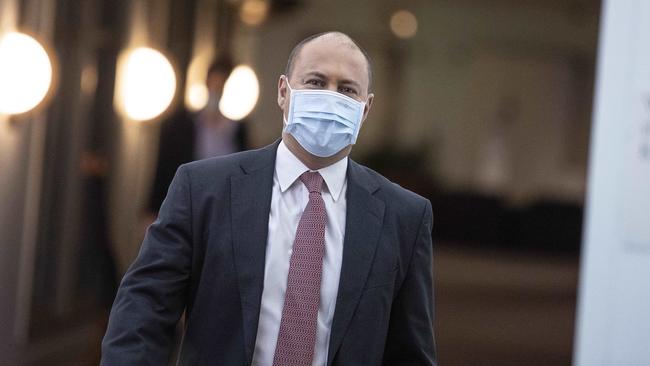
Rio Tinto reported a better than expected $US3.3bn ($4.6bn) profit based on cyclically high iron ore prices, but the immediate test comes on Friday, when it presents its Juukan Gorge tragedy submission to federal parliament.
Chief executive JS Jacques [Jean Sebastien Jacques] will present a 17-year history of what decisions were made and when on the move to blow up the ancient Indigenous sites, and a board paper due in September will look at just why the decisions were made.
Jacques made clear that the company was understandably concerned at the reputational damage it has suffered.
He is still holding out for a better gas price to underwrite the continuation of his aluminium smelting assets in Australia, which he said were still on thin ice, noting that it was all down to energy prices.
Iron ore as expected powered the results, accounting for 77 per cent of earnings, and Jacques is bullish on China, noting it had enjoyed a “V-shaped” bounce with surprisingly little government spending devoted to the steel sector.
This means if the sector runs into trouble, there is room for support.
The earnings surprise came from across the company, which is running well despite COVID-19, with earnings margins of 47 per cent, return on capital down slightly at an impressive 21 per cent, and even a dividend payout ratio of 53 per cent capex was up 13 per cent at $US2.7bn.
Jacques has the company operationally well positioned, it’s just the reputation risks that loom large.
Power plan
AEMO has presented state and federal governments with a 20-year electricity market blueprint under which $4.9bn in new investment will produce net benefits of $11bn in a well-balanced integrated system plan.
The plan lays down the guide posts, cleverly adopting programs already backed by the federal government, but what is needed now is for the energy regulator to approve the projects and transmission companies to make the investments.
Federal Energy Minister Angus Taylor said based on a preliminary look at the outline it was headed in a sensible direction.
It works from the assumption that over the period 63 per cent of coal-generated power will retire and wind and solar capacity will triple its share of the market to provide as much as 22 per cent of annual consumption.
This means up to 19 gigawatts of gas, battery or pumped hydro power is needed to back up renewables backed by a better transmission grid and power system services.
The transmission includes better interconnectors into NSW from Queensland and South Australia, links to the proposed upgrade to the Snowy Mountain hydro project and the new Marinus cable between Tasmania and Victoria.
The latter will cost $3bn but the spending will justify an increase in renewable power from the state boosting the national grid.
Gas is obviously a big issue and the plan works from the hope NSW and Victoria will end their moratoriums on new development and/or the proposed new LNG import terminals will proceed in the eastern states.
The proposed east-west gas pipeline suggested by National COVID commissioner Andrew Liveris is not a conceivable starter.
Taylor said: “The government also strongly believes gas will play an important role in balancing the NEM and complement the record levels of renewable energy generation entering the market.”
Batteries are another source of back-up power.
Reform on backburner
The Victorian COVID-19 outbreak has wreaked havoc not only with business confidence but also the national cabinet’s zeal for productivity reform.
As business lines up to present its wish list to the federal government ahead of the October 6 Budget, the word from Canberra is don’t expect too much genuine reform.
This doesn’t mean business will get nothing, just that the hopes of a generational change in productivity reform on promise in May is finished.
Victoria and its direct issues such as aged care are the No 1 priority for the national cabinet.
The unity ticket evident two months ago on national interest reform is gone as individual states are acting alone, as shown by Wednesday’s closure of the Queensland/NSW border, and Victorian Premier Daniel Andrews is fighting for his own political survival.
The weight of issues increasing is shown by the growing to-do list on Treasurer Josh Frydenberg’s desk.
The media code of conduct due for release this week now appears set to be delayed a week at least.
The Treasurer has had the draft ACCC water report on his desk since the start of July and, even though it is only a draft report with the final not due until December, it has yet to see the light of day.
A decision is also pending on FIRB’s recommendation to clear the $600m Mengniu acquisition of Lion Dairy that was handed to Frydenberg this month.
When asked about the timing of coming decisions, Canberra insiders urge patience, saying Frydenberg has a lot on his plate.
Victoria compounds the macroeconomic recovery plans that affect just about everything else and is dominating the Treasurer’s time.
Productivity reform doesn’t always cost money, but it does require negotiations between the state and federal governments.
Media matters
The taxpayer pays about $1bn a year to fund the ABC, so when Josh Frydenberg gets around to the media code of conduct, the question comes as to how Google and Facebook should treat the national broadcaster.
The logical answer is just like every other media organisation and pay it the agreed amount for its content, which helps drive profits for the platform behemoths.
The idea of the code of conduct is to create a level playing field so the ABC should be treated the same as other media organisations. If for argument’s sake the ABC’s share of the compensation is $200m, then that is money the taxpayers would save by only having to pay $800m for the ABC.
‘Hippo’ shown door
The writing was on the wall for Bob Hosking when Bruce Phillips was appointed as Karoon chairman two years ago. A former scrap metal merchant, “Hippo” Hosking is a legend of the Australian oil and gas exploration industry who moved from Nexus to Karoon 16 years ago, creating a company worth $8m rising to a peak of $1.5bn before settling to Wednesday’s close at just over $400m.
His discovery of the Poseidon field in the Browse Basin was sold to Origin six years ago for $US600m, plus $US200m in promised future payments when production began.
Hosking kept on looking, turning his attention to the Santos fields off the Brazilian coast where he has finally done a deal to buy Bauna for $US380m.
His ability to trust the hunches of others and make a big punt has provided a rollercoaster ride for shareholders, which is shown by the often testy annual meetings where the activists demand a deal or the return of their funds.
The company had become a family fiefdom and Hosking paid himself well, raising governance questions.
Backed by shareholders, Phillips has chosen this moment to show the 70-year-old the door.


